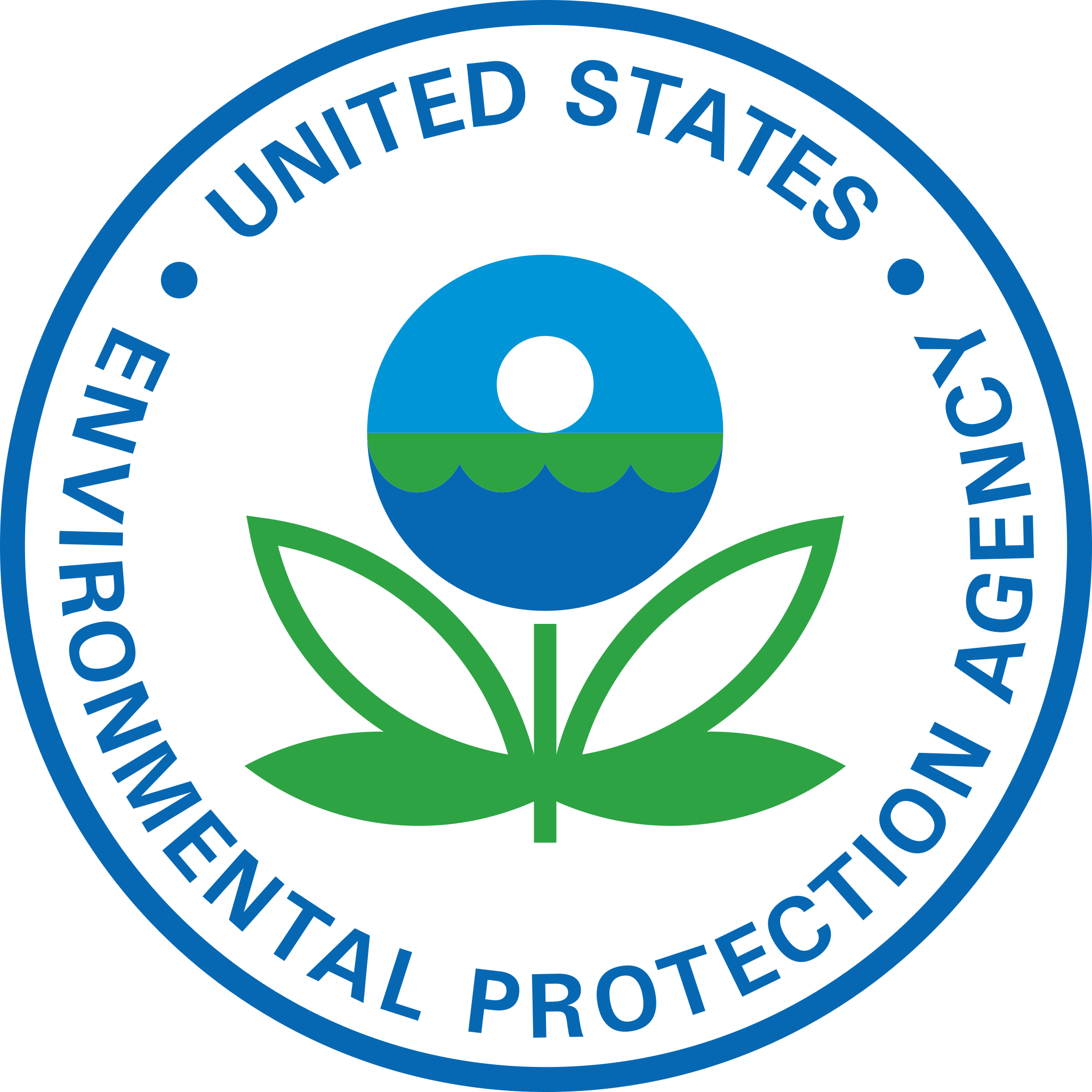
The U.S. Environmental Protection Agency announced in a proposed settlement that Hecla Limited will pay $174,300 and conduct a Supplemental Environmental Project for Clean Water Act violations at the Lucky Friday Mine in Mullan, Idaho. The Supplemental Environmental Project involves river habitat restoration on the South Fork Coeur d’Alene River estimated to cost $299,000.
From January of 2018 through February of 2024, discharges from Lucky Friday Mine to the South Fork of Coeur d’Alene River exceeded effluent limits in the company’s National Pollutant Discharge Elimination System permit approximately 200 times for lead, copper, and zinc. An April 2020 sample showed zinc levels exceeded the daily zinc limit by more than 42,000 percent. Hecla also failed to submit the required Best Management Plan certification and failed to conduct e coli and Whole Effluent Toxicity monitoring.
Hecla’s numerous metals discharge exceedances, including several at enormous magnitude over the company’s permit limits, posed serious potential impacts to cold water aquatic life, including salmon spawning, in the South Fork Coeur d’Alene River – a river that is already impacted by historic heavy metals contamination.
“EPA is committed to enforcing the industrial wastewater permits issued under the Clean Water Act to protect our region’s waters and fish habitat,” said EPA Region 10 Office of Enforcement and Compliance Assurance Director Ed Kowalski. “In this case, this enforcement action will help prevent pollution from harming the South Fork Coeur d’Alene River, with the added benefit of restored fish habitat along the river.”
Hecla has agreed to pay a $174,300 monetary penalty and elected to implement a riparian restoration Supplemental Environmental Project that is estimated to cost $299,000. The restoration project upstream of the mine on the South Fork Coeur d’Alene River will consist of three sites spanning more than eleven acres adjacent to the river. The restoration project will use native plants to create shade for cooling water temperatures to mitigate warming impacts anticipated from climate change. Cooler water temperatures during the summer months will help the diversity and productivity of life found in the river including aquatic insects and juvenile and adult fish.
EPA welcomes public comments on the proposed settlement, including the proposed Supplemental Environmental Project. Public comments will be accepted through September 18, 2024. To view the settlement documents and learn how to submit comments, visit: https://www.epa.gov/
The Clean Water Act prohibits discharging pollutants from industrial sources into a water of the United States without a National Pollutant Discharge Elimination System permit. Wastewater can include pollutants like heavy metals, chemicals, and oils from industrial facilities which are then carried into waterways and harm fish and other aquatic life. The permit requires industrial sites to monitor, measure, and reduce wastewater pollution leaving their facilities.

